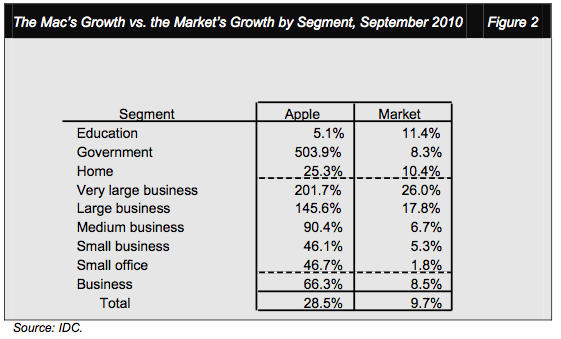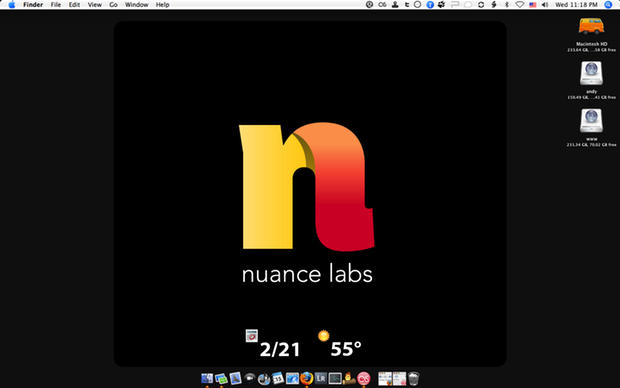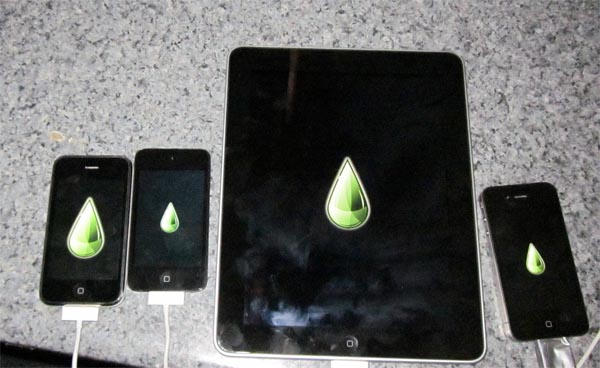First Apple took RIM’s spot as the No. 4 mobile phone maker. Now the Cupertino, Calif. company is poaching sales executives from the BlackBerry maker. At least five RIM employees have been hired away by Apple over the past eighteen months, reports say.
Apple’s goal of increased business sales got a shot in the arm after RIM’s Head of Strategic Sales, Geoff Perfect, joined Apple in April 2009. Perfect now heads the iPhone’s Enterprise Sales unit, according to the Wall Street Journal. Other defections from RIM include it’s Senior Global Sales Manager, Global Strategic Account Manager and Global Account Manager. They now sell iOS devices to the corporate market.
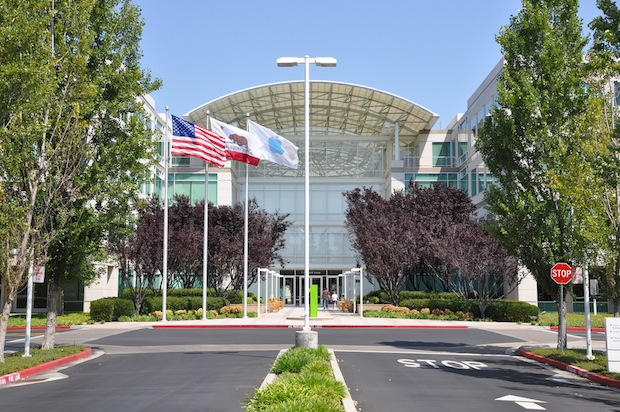

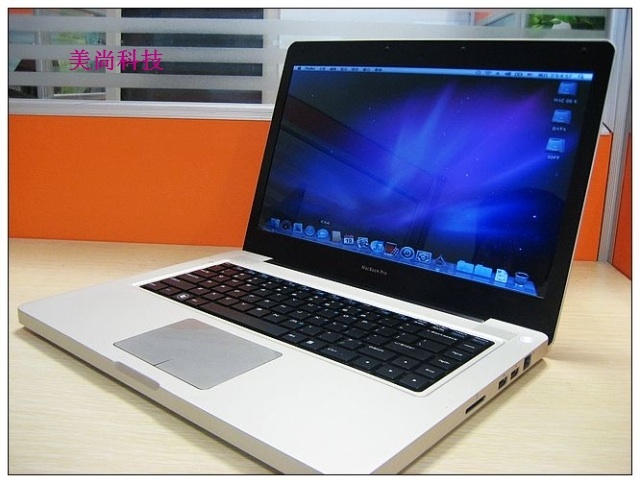
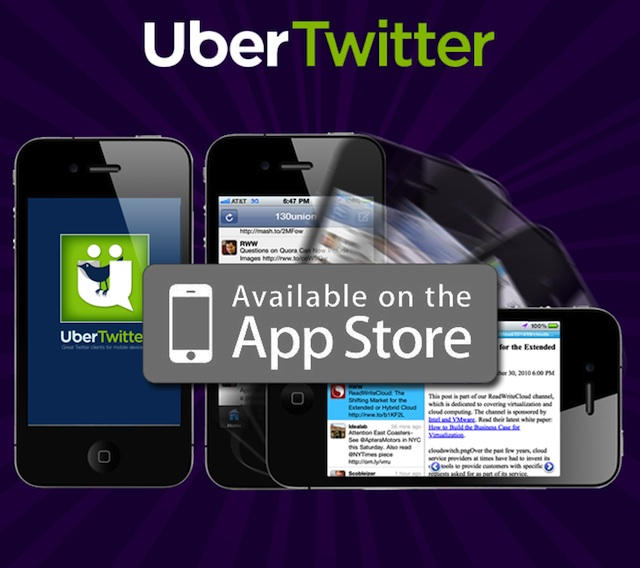
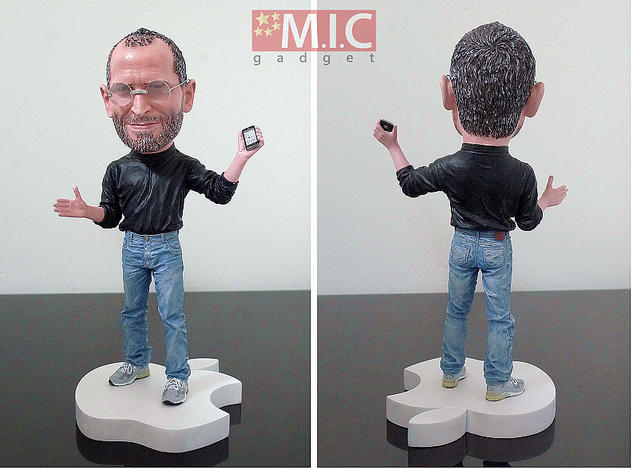

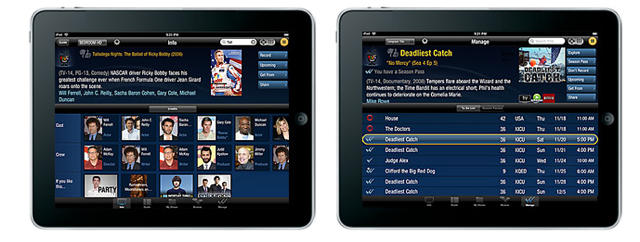



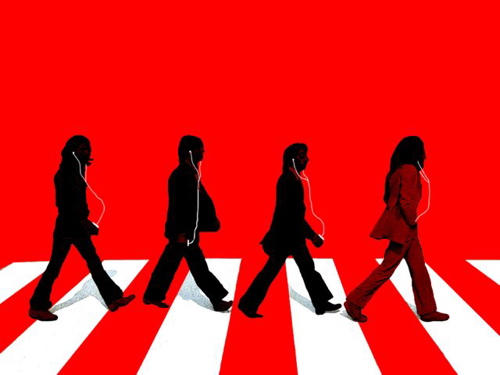



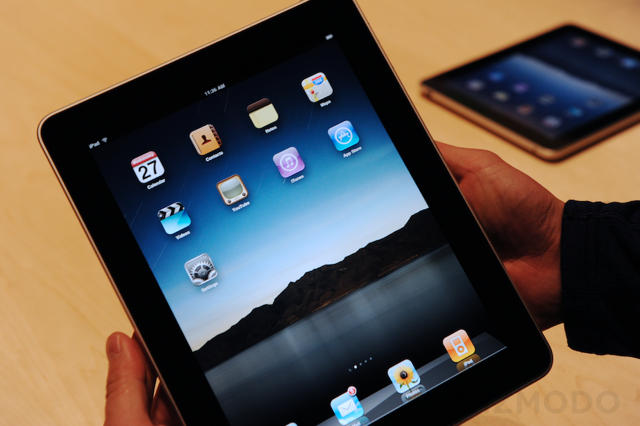
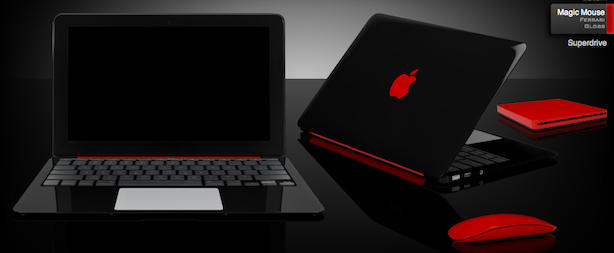
![Dear Apple, I Want Screen Lock Back on the iPad Switch! [Poll] post-71083-image-c5c3cf07558ccd873e8b8014195de13d-jpg](https://www.cultofmac.com/wp-content/uploads/2010/11/post-71083-image-c5c3cf07558ccd873e8b8014195de13d.jpg)
![Turn The iPhone 4 Into A Heart Rate Monitor, For Free [New App] heartrate free](https://www.cultofmac.com/wp-content/uploads/2010/11/heartrate-free.jpg)
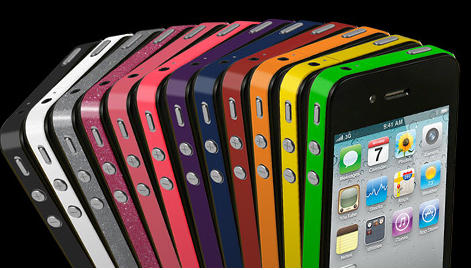
![Enjoy This Awesome Arty Video From Hacked Microsoft Kinect [Video] cult_logo_featured_image_missing_default1920x1080](https://www.cultofmac.com/wp-content/uploads/2022/04/cult_logo_featured_image_missing_default1920x1080.png)
